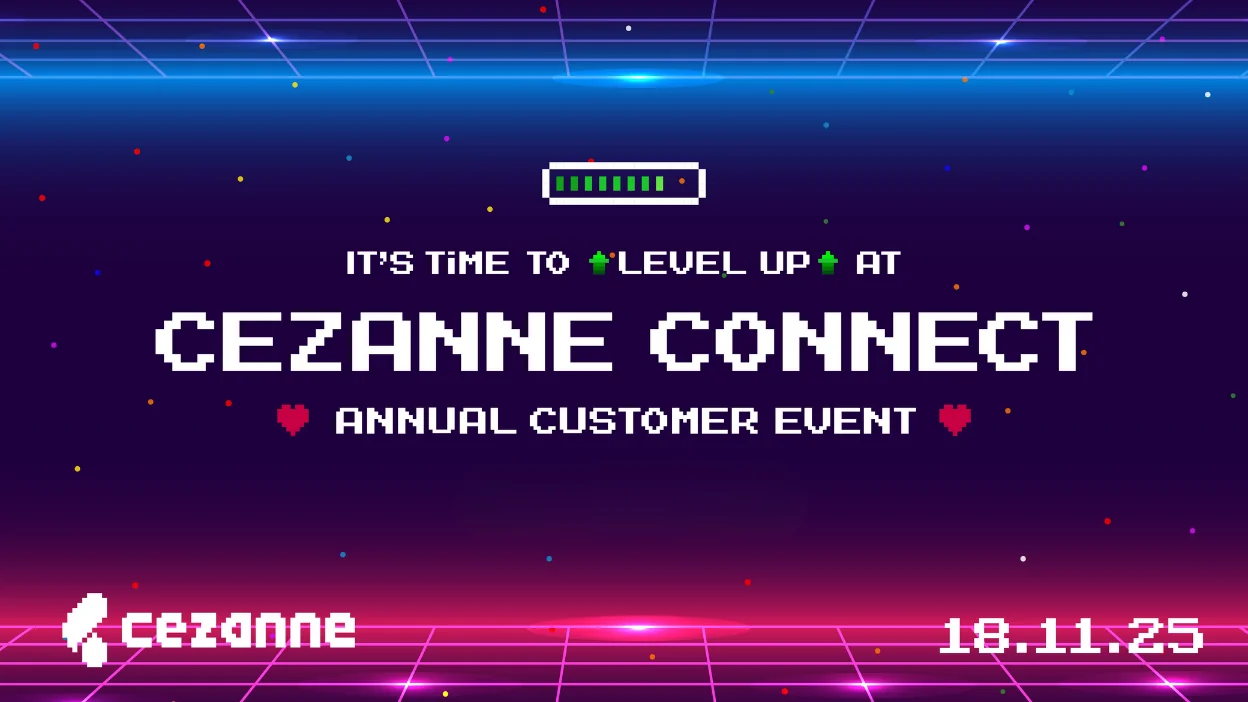How do you build line manager capability? In summary:
- Line managers are crucial as they shape daily work, boost performance, and maintain team morale, making them essential for unlocking an organisation’s full potential.
- But, many line managers lack the necessary support and tools, leading to ineffective management and negative impacts on team morale, productivity, and business results.
- If organisations are going to enhance their line manager capabilities, they must look beyond hard skills training and instead, highlight the importance of emotional intelligence, psychological safety, and authentic leadership.
Your line managers aren’t just part of your culture… they are your culture. They shape daily work, boost performance, and keep teams fired up through the working day. In fact, they’re the secret weapon to unlocking your organisation’s full potential.
However, many line managers aren’t given the support or tools they need to thrive – often left juggling impossible expectations without proper guidance. This means they fail to manage people effectively and can struggle to lead, which trickles down to team morale, productivity and, ultimately, business results.
With so much riding on their success, you’d think organisations would pour resources into developing and supporting line managers, right? Yet all too often, they’re left to just “figure it out” on the job. And let’s be honest: “building line manager capability” sounds like one of those business buzz phrases you nod at in meetings, scribble into strategy docs, and then conveniently forget… until engagement scores tank and you’re left scrambling for answers.
But at this year’s CIPD Festival of Work, I heard a brilliant panel of experts (who really know their stuff) tackle the topic head-on, and explain why supporting and nurturing line manager capability must be a top priority for HR teams everywhere.
Chaired by Victoria Winkler, Director of Professional Development at the CIPD, the session featured:
Together, they pulled apart the myth of the “perfect manager,” shared their own experiences from the world of organisational development, and offered some genuinely refreshing ideas on what it means to support the people who keep the wheels of business turning.
Why line managers? And why now?
Kicking things off, Victoria posed the simple but surprisingly slippery question: Why are you all so interested in line managers?
For Andi, it’s less about traditional management credentials, and more about understanding what good management feels like in practice. He described line managers as the linchpins of culture – the ones with the most power to shape the day-to-day experience of work. It’s not about just delegating tasks or managing performance reviews. It’s about authentic connection… on actually being a decent human at work.

From l-r: Victoria, Claire, Shane and Andi
Shane, whose background is in learning and change, summed it up neatly: “You’re only successful when you get people in the right roles at the right time.” And often, that success – or failure – hinges on how capable your line managers are at guiding, not just doing. Claire echoed this, describing line managers as “the linchpin of performance, wellness and culture.”
And, if that sounds like a lot to hang on one job role, well, I guess that’s kind of the point…
Defining what “good” looks like (hint: it’s not universal)
One of the most interesting points came from Shane, who pointed out that “everyone has a different idea of what a capable line manager is” – including the business. And unless you define it clearly, you end up with a vague mess of expectations that no one can live up to.
His solution? Start by defining line manager capability for your context. In other words, don’t just slap a list of generic competencies on a slide and call it a day. Think about what your business actually needs from its managers, and then build a process to support that.
Leaders… managers… or both?
There was a lot of debate within the panel around the difference between leaders and managers, and whether we’re expecting people to be both at once (short answer: yes, and it’s exhausting).
Claire prefers the term “people leaders” to “managers.” Because really, who wants to be managed? In her opinion, what organisations really need are people who can guide, support, and occasionally light a fire under their team… not micro-manage or hide behind unfit processes.
She also called out the difficulty many technical experts face when promoted into management. Sure, they may be technically gifted or know a business inside out, but that’s all very different to managing people day-to-day. Suddenly they’re expected to stop solving problems and start solving people, which (quelle surprise!) is a whole different skill set. People management is something you don’t just pick up overnight or from an instruction manual: it takes patience, practice, and a whole lot of emotional intelligence.

The human bit: emotional intelligence over hard processes
When Victoria asked what good management looks like day-to-day, the panel were united: it’s about creating the right environment.
Claire emphasised the need for psychological safety, where line managers can show up authentically and help others do the same. Without that, curiosity, humility, and trust – the very foundations of good people leadership – just don’t happen.
Shane took it further: he challenged organisations to stop using the terms “leader” and “manager” interchangeably. He asked a deceptively simple question: Do you manage people or process? Because the behaviours you need in each case are different. His team focuses on emotional intelligence, and finding ways to bring that together with structured process, rather than prioritising one at the expense of the other.
Stop teaching authenticity like it’s a KPI
Following Shane’s point, Victoria posed a killer question: how do we create consistency without turning people into “corporate robots”?
It was Shane who picked this up with a dose of realism: you can’t just throw around words like “authenticity” and “bring your whole self” without modelling it at the top. Too often, organisations pour all their energy into the middle managers; forgetting those managers are also looking up, wondering who to copy in order to better themselves.
To solve this issue, Shane described how The White Company ran a three-year learning programme focused on building line manager capability. And the first year? Entirely focused on the CEO and senior leadership teams. Because if the people at the top aren’t walking the talk, no amount of training for the middle will stick.
Claire added a personal touch here: “It’s exhausting showing up as someone you’re not.” Managers need to be supported in bringing out the real strengths of their teams, not coached into becoming cardboard cutouts of what “good” looks like.
Performance and wellbeing: two sides of the same coin
Now, ‘authenticity’ and ‘bring your true self’ could easily be dismissed as just more of those buzzwords tossed around in corporate speak. But, Andi brought it back to basics with a very human reminder about what that means in the world of work: “How people feel directly affects how they perform.”
Basically, if someone’s nervous, unsure, or constantly second-guessing themselves, their output will reflect that. Yet far too often, we focus on the symptoms (poor performance, low engagement) rather than the cause.
Instead, we need to ask: how do our leaders feel, right now? Are they burnt out? Confused? Unsupported? Because that’s the foundation we’re building everything else on.
Failure isn’t fatal (but ignoring it is)
Another recurring theme was the need to reframe failure. Stop treating it like something to be avoided, and start seeing it as essential to growth.
Language matters here, said Andi. If your culture punishes mistakes, you’ll never get the experimentation and creativity you claim to want. You’ll actually end up with a workplace that borders on toxic! Instead, building line manager capability means giving them space to try, fail, and improve without fear of being penalised.
So… how do you actually build line manager capability?
It all starts with buy-in from the top, said Shane. Capability-building isn’t something learning and development teams can slap onto a course and tick off a list. It needs a shared commitment across the business, and a recognition that this is long-haul work, not a quick fix.
Andi added a final insight: you’ve got to unfreeze existing behaviours. Have honest conversations about what’s working, what isn’t, and what needs to change. And yes, that means some leaders might need to let go of the very behaviours that got them where they are.
Ultimately, the panel’s message was clear: if you want strong, capable line managers, don’t just train them: support them. Help them connect. Help them lead like actual humans. Give them clarity, space to grow, and even permission to get it wrong sometimes. After all, we’re all human.

Paul Bauer
Paul Bauer is the Head of Content at Cezanne. Based in the Utopia of Milton Keynes (his words, not ours!) he’s worked within the employee benefits, engagement and HR sectors for over six years. He’s also earned multiple industry awards for his work – including a coveted Roses Creative Award.










